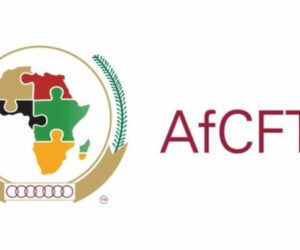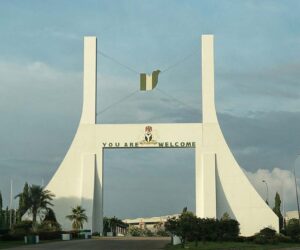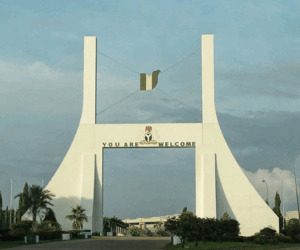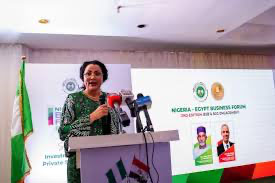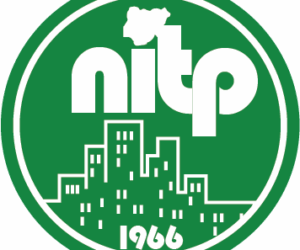1
ABUJA – Abuja’s indigenous inhabitants, long caught in the crosshairs of urban expansion and land dispossession, may finally be getting a fair deal. In a landmark step toward inclusive urban renewal, HXafrica, through its subsidiary, the Real Estate Investment Cooperative (REICo), has signed a Memorandum of Understanding (MoU) with the Abuja Original Inhabitants Youth Empowerment Organisation (AOIYEO).
The partnership, unveiled in Abuja, seeks to establish a cooperative framework that will promote economic empowerment, enterprise development, and financial inclusion among the Federal Capital Territory’s original settlers — communities who have for decades borne the brunt of displacement and marginalisation in Nigeria’s capital city.
For many indigenous residents of Abuja, rapid urbanisation has come at a steep cost. Since the FCT was carved out as the national capital in 1976, thousands of native families — particularly from Gwari, Koro, Gade, and other ethnic groups — have watched ancestral lands disappear under highways, estates, and government buildings, often without adequate compensation or resettlement. The result has been years of economic exclusion and social dislocation, even as Abuja blossomed into one of Africa’s fastest-growing cities.
HXafrica’s latest intervention, through REICo, seeks to change that narrative. Speaking at the MoU signing, the company’s chief executive officer, Ugo Peters, said the initiative underscores HXafrica’s philosophy of “putting people before profit.”
“Our vision is to build a system that works for everyone — one that prioritises people, not just profits. This partnership with AOIYEO will empower Abuja’s indigenous people to become active participants in their own economic growth,” Peters said.
Under the agreement, the newly formed cooperative society will operate as a vehicle for community-driven real estate participation, helping local inhabitants to collectively invest, manage, and benefit from property development projects. It will also tap into microfinance and cooperative models to create new sources of income and credit access for residents, many of whom lack formal banking relationships.
Beyond real estate, HXafrica’s broader corporate responsibility footprint has already drawn attention. The company’s Free Bus Initiative, launched in March, has provided daily free transportation across the capital. To date, it has served over 19,000 commuters, saving residents more than N9.6 million in travel costs — a gesture that has made HXafrica a household name among working-class Abuja residents.
Peters said the company’s focus remains building sustainable ecosystems that balance profit with purpose.
For AOIYEO, the partnership is more than just an economic arrangement — it is a step toward reclaiming agency for a people who feel sidelined in their own homeland.
Isaac David, executive director of AOIYEO, described the collaboration as “a deliverance day” for Abuja’s original inhabitants.
“This marks a turning point for our people. For years, we have watched development rise around us while our communities were left behind. With this cooperative, we can finally chart our own course,” he said.
David also disclosed plans for the cooperative to establish a microfinance bank to facilitate access to credit, promote entrepreneurship, and strengthen community-led development. According to him, the goal is to create a financial backbone for indigenous residents to thrive within the city’s evolving economic landscape.
Stakeholders present at the event — including community leaders, urban development experts, and youth representatives — hailed the partnership as a pragmatic model for inclusive urban development. They noted that the approach aligns with government efforts to bridge inequality, reduce poverty, and promote grassroots participation in economic growth.
Urban policy analysts also see the initiative as timely. As Abuja continues to expand toward satellite towns such as Gwagwalada, Kuje, and Bwari, tension between indigenous land rights and city development remains a sensitive issue. By offering a cooperative model that ensures native participation in real estate value chains, the HXafrica–AOIYEO partnership could help reduce future conflicts and foster more equitable growth.
If implemented effectively, observers believe the initiative could become a blueprint for other African capitals struggling to balance urban expansion with indigenous rights — turning Abuja’s long-contested urban renewal story into one of shared prosperity.


